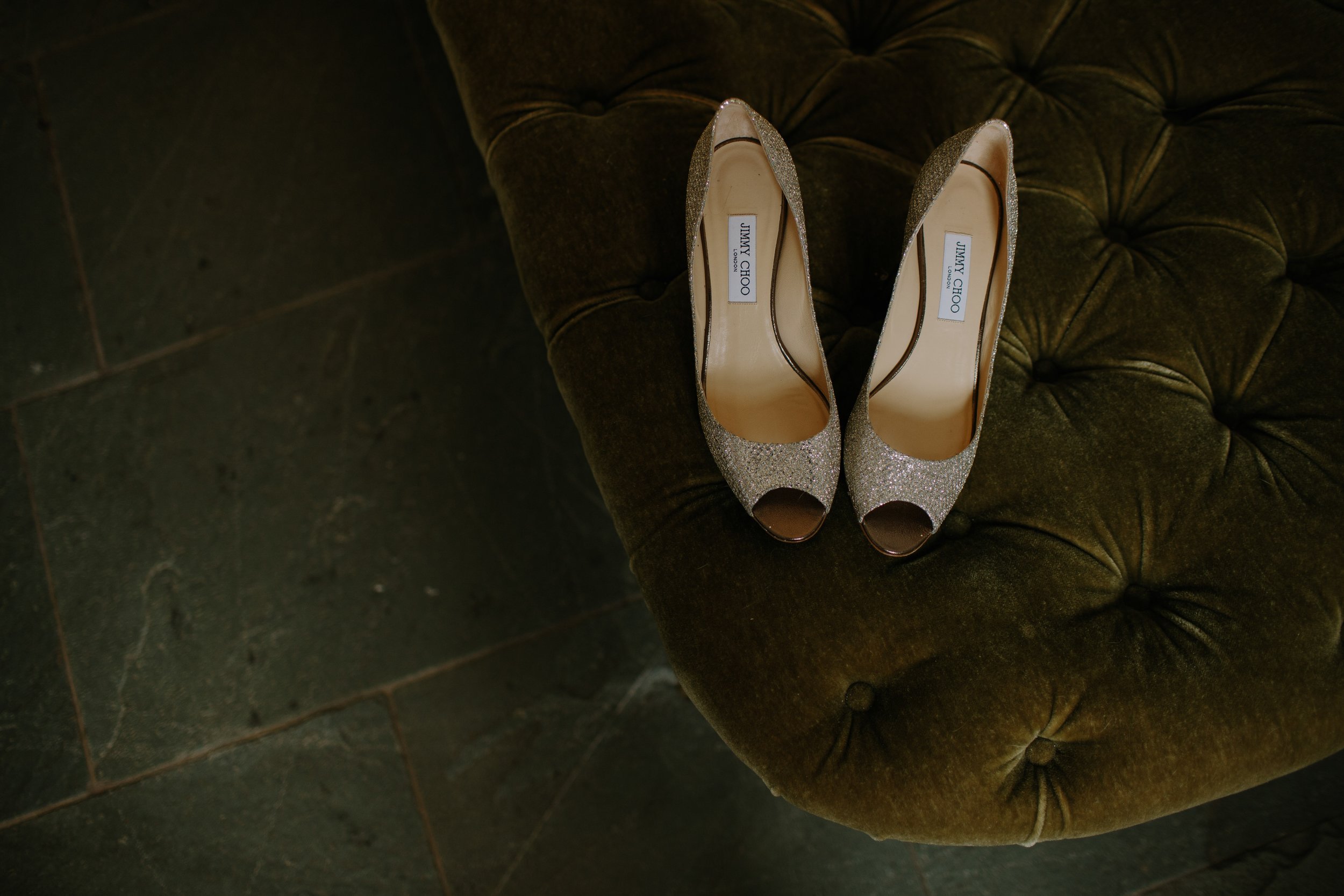“Invest in good shoes, and your feet will never let you down,” my grandmother told me once, and it still holds true today. Of course, these days I'm also investing in designer bags, shoes and clothing items. High quality brands are simply better constructed, meaning they hold their shape better and look good for longer than knockoffs. But now there's a new reason to invest in designer duds.
By Team Savant
Image: Tom The Photographer on Unsplash
The RealReal, an online consignment site for men's and women's clothing, shoes and luxury bags is transforming the way we shop, and building brand value for well known luxury staples. The luxury resale market is a six billion dollar global industry. Perhaps that's because luxury items retain such high value over time. Reselling a Louis Vuitton bag or a pair of Manolo shoes could net you up to eighty percent of the original purchase price.
Since it can be a struggle as an individual consumer to find the best deal for reselling luxury items, the RealReal cleverly exploited a hole in the market. By applying economic theory to online shopping, their nine million members are able to circulate and recycle luxury items with ease.
According to the RealReal's Chief Merchant Rati Levesque, around 80% of their consignors use their commission to shop the primary market. This makes sites like the RealReal an asset for luxury brands like Louis Vuitton and Celine, as they are passively driving consumers to primary market sites.
Luxury Threads: The Latest in Appreciable Assets
Image: Pinterest
Get a Gucci bag. Sell a Gucci bag and get 60-80% of what you paid for it back. Use the money to buy a new Gucci bag.This cyclical luxury market has been an especially popular model among young luxury brand enthusiasts, with men and women from the Millennial and Gen-Z markets investing heavily in classic watches from brands like Hermès, Rolex, and Cartier.
While it may not be for everyone, this model is certainly working for enough people to keep the RealReal on top. The company, valued at $450 million, has recently expanded further into the retail market by opening showrooms/stores on both coasts. Both the New York City and Los Angeles locations started as pop-ups, allowing the company to test out any potential difficulties with selling retail and online in real time.
Image: Photos by Lanty on Unsplash
Levesque said the pop-ups gave the brand an opportunity to grow faster than they would have otherwise. Both stores are ship from store, 'pick and pack' showrooms as well as warehouses for the e-commerce site. Using RFID chips, the RealReal tracks each item of merchandise, so they don't double sell. For example, if an item is being tried on in a fitting room, it will show as no longer available online. This cuts down on confusion, but it also encourages online customers to get items while they can.
Other savvy strategies include push notifications for items listed in your area and conversion tracking to let sellers know when they can get the best value on their gently used items. By incorporating smart sales techniques and economic theory to luxury shopping, the RealReal says to those who feel they can't afford luxury brands: You can't afford not to.


